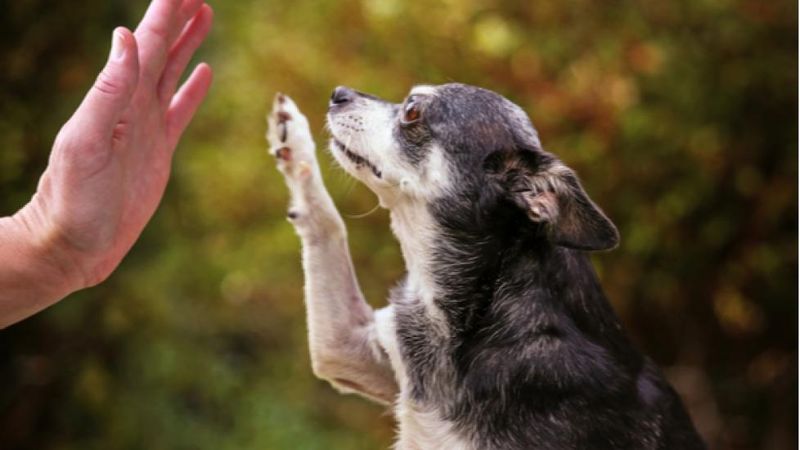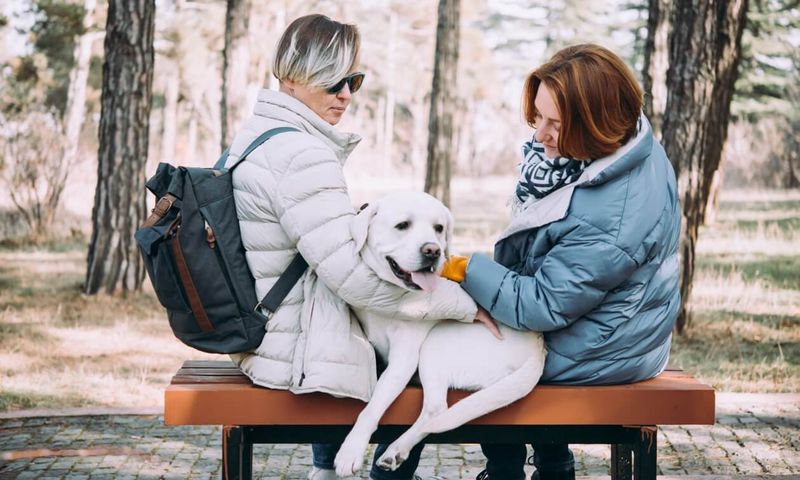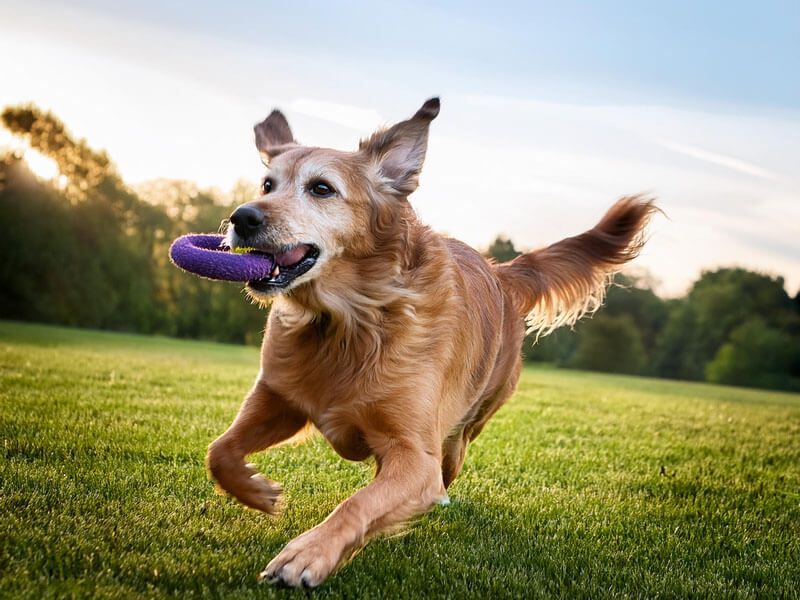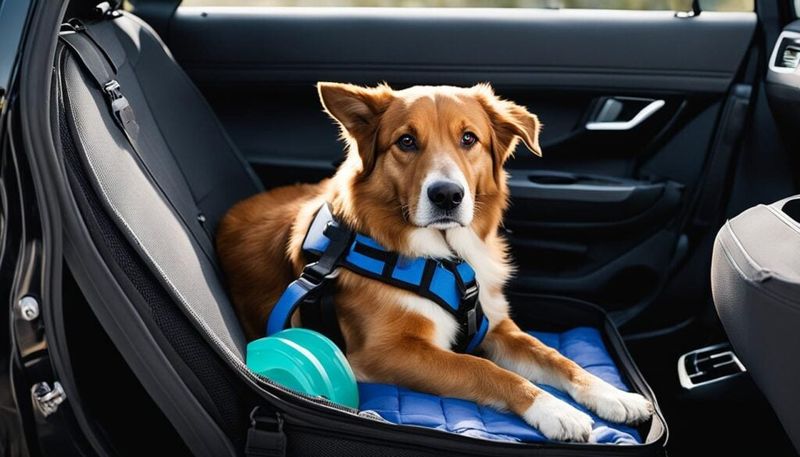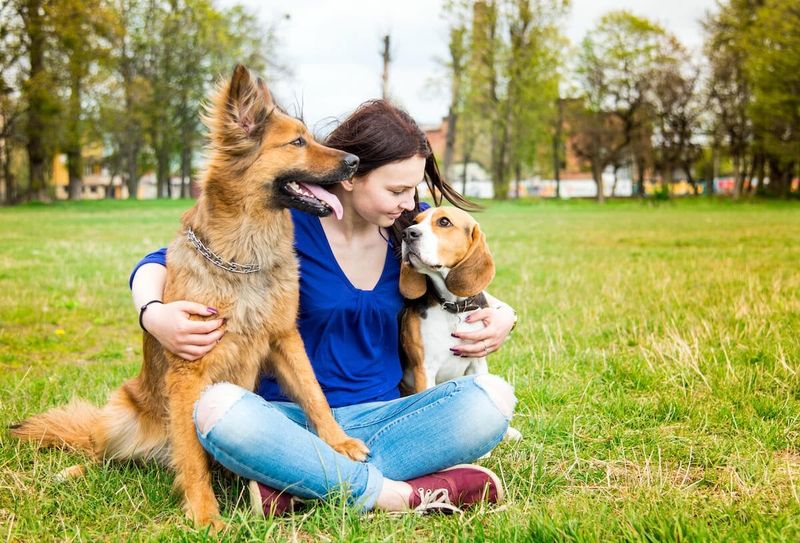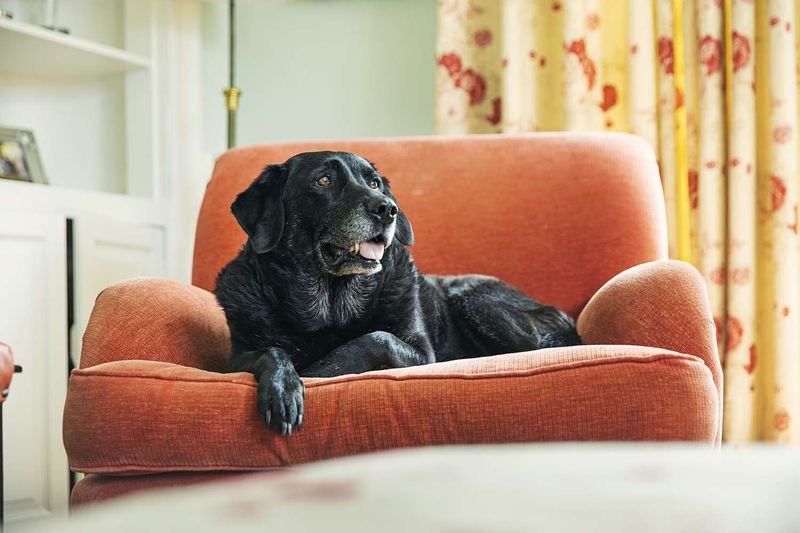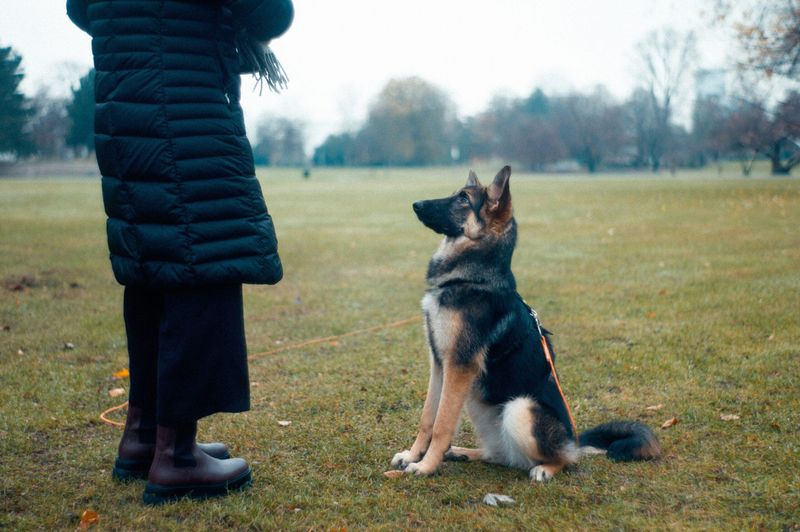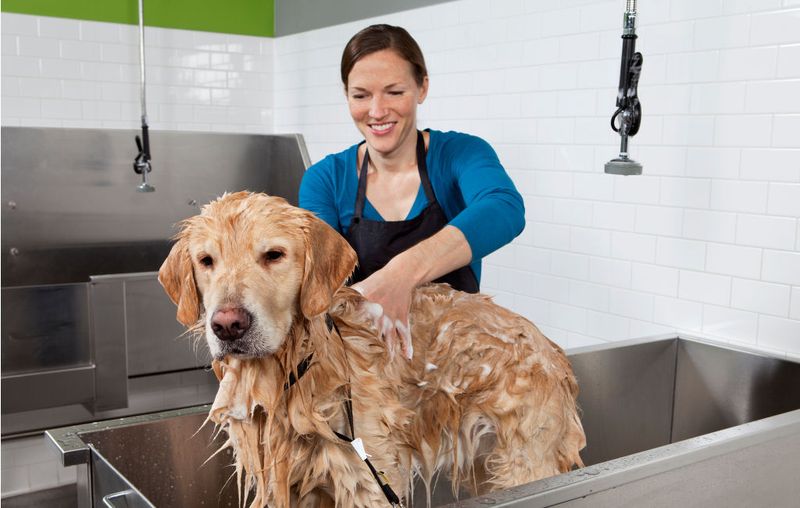As beloved companions, dogs bring joy and loyalty to their owners, especially as they enter their golden years. However, myths surrounding the care of senior dogs can sometimes lead to misconceptions and misdirected care. In this post, we will shatter 16 common myths about caring for senior dogs, helping owners provide the best quality of life for their aging pets.
Myth 1: Senior Dogs Can’t Learn New Tricks
Often, people believe that old dogs can’t learn new tricks. Yet, senior dogs are quite capable of learning with appropriate motivation. Training can keep their minds sharp and bodies active.
Imagine an elderly dog whose eyes light up at the sight of a treat. With positive reinforcement, even an old pup can master a new command. Engaging them in this way not only strengthens the bond but also enhances their cognitive health.
Don’t underestimate the adaptability of older dogs. Just like humans, they benefit immensely from mental stimulation.
Myth 2: Senior Dogs Don’t Need Exercise
Contrary to popular belief, senior dogs still require regular exercise. It helps maintain their muscle tone and joint health, crucial for their overall well-being.
Consider a brisk walk or gentle play session. These activities can invigorate an older dog, bringing a sparkle to their eyes that no treat can match. Exercise is vital not only for physical health but also for mental happiness.
While their stamina might decrease, their need for movement does not vanish. Tailoring exercise to their abilities ensures a happier, healthier life.
Myth 3: Senior Dogs Aren’t Playful
Many assume senior dogs lose their playful nature. However, play is an important part of their life, providing joy and stimulation.
A dog’s age doesn’t dampen their desire for fun. Picture a senior dog, tail wagging, eagerly retrieving a favorite toy. Such moments prove that playfulness knows no age.
Providing interactive toys or initiating gentle games can keep their spirits high. Sometimes a simple game of fetch can transform their day, bringing youthful exuberance back to their step.
Myth 4: Senior Dogs Should Eat Less
Some believe senior dogs require less food. The reality is that they need a balanced diet tailored to their specific health needs.
Nutrition impacts their vitality and longevity. Imagine preparing a wholesome meal that caters to their aging needs, rich in necessary nutrients.
Consulting with a vet can help determine the right portions and food types. Proper nutrition not only supports their body but also enhances their quality of life.
Myth 5: All Senior Dogs Have Health Issues
Not all senior dogs are plagued by health problems. While aging can bring certain challenges, many senior dogs remain healthy with proper care.
Regular vet checkups and a balanced lifestyle contribute to their wellness. Visualize a senior dog receiving a gentle examination, its wagging tail a testament to its good health.
By focusing on prevention and early detection, senior dogs can enjoy their golden years with minimal health concerns.
Myth 6: Senior Dogs Are Grumpy
The stereotype of the grumpy old dog is misleading. Senior dogs often exude calmness and patience, making them wonderful companions.
Picture a serene senior dog, its soft eyes conveying warmth as it lounges beside a child. This tranquility is a hallmark of many older dogs.
Their experience and maturity often lead to a gentle demeanor, disproving the myth of their supposed irritability.
Myth 7: Senior Dogs Can’t Form New Bonds
It’s a common misconception that senior dogs can’t build new relationships. In reality, they can form strong bonds with both humans and other animals.
Visualize a heartwarming scene where a senior dog meets a playful puppy. Their interaction, marked by curiosity, can blossom into a loving friendship.
Introducing them to new companions often enriches their lives, providing emotional growth and companionship.
Myth 8: Senior Dogs Shouldn’t Travel
Traveling with a senior dog is entirely feasible. With the right preparations, they can enjoy trips as much as younger dogs.
Imagine the joy of including your senior dog on a family road trip. The sights and scents can be an exciting adventure for them.
Ensuring their comfort and safety during travel enhances the experience, making it both enjoyable and memorable.
Myth 9: Senior Dogs Don’t Enjoy Bath Time
Bath time can be a pleasant experience for senior dogs, contrary to the belief they dislike it. The key is in turning it into a gentle and soothing ritual.
Picture a senior dog relishing the warm water as it splashes, feeling rejuvenated by the cleansing process.
With patience and care, bath time can become a bonding moment, leaving the dog refreshed and content.
Myth 10: Senior Dogs Should Be Left Alone
Senior dogs thrive on companionship, much like their younger counterparts. Isolation can lead to loneliness and depression.
Consider the joy a dog feels when surrounded by its family in a backyard. Their wagging tail and bright eyes reflect their happiness.
Including them in daily activities ensures their emotional well-being, proving that age doesn’t diminish their need for love.
Myth 11: Senior Dogs Can’t Adapt to Change
Many assume senior dogs struggle with change. However, with adequate support, they can adjust to new environments or routines.
Picture a senior dog stepping into a new home, its curiosity evident as it explores. Adaptability is part of their resilient nature.
Gradually introducing changes allows them to acclimate, ensuring a smooth transition and continued comfort.
Myth 12: Senior Dogs Outgrow Chew Toys
Chew toys aren’t just for puppies. Senior dogs benefit from them too, as they aid in dental health and provide comfort.
Imagine the satisfaction of a senior dog as it gnaws on a favorite chew toy, its senses engaged and teeth maintained.
Offering appropriate toys can keep them mentally stimulated, proving their enduring love for such simple pleasures.
Myth 13: Senior Dogs Shouldn’t Be Trained
Training isn’t solely for young dogs. Senior dogs can benefit from continued learning, reinforcing obedience and mental agility.
Picture a senior dog in a park, eagerly responding to commands during a training session. Such activity sharpens their mind and strengthens bonds.
Training provides mental exercise and enhances their quality of life, ensuring they thrive even in later years.
Myth 14: Senior Dogs Don’t Need Grooming
Grooming remains essential for senior dogs to maintain coat health and hygiene. It also provides an opportunity for a health check.
Visualize a senior dog, relaxed and content, being pampered at a grooming salon. This care keeps them looking and feeling their best.
Regular grooming sessions help in detecting early signs of health issues, ensuring their continued well-being.
Myth 15: Senior Dogs Are Too Old for New Experiences
Age doesn’t limit the joy of new experiences for senior dogs. They can still relish adventures like seeing a beach for the first time.
Imagine the delight of a senior dog as it feels sand under its paws and waves lapping at its legs, a new horizon opening before it.
Embracing opportunities for new experiences enriches their life, proving age is just a number.
Myth 16: Senior Dogs Lose Their Sense of Adventure
The adventurous spirit often remains in senior dogs. With proper care, they can still enjoy activities like hiking.
Envision a senior dog tackling a mountain trail, its energy undiminished, eyes bright with the thrill of exploration.
Encouraging such adventures ensures they enjoy a fulfilling and active lifestyle, despite their advancing years.

